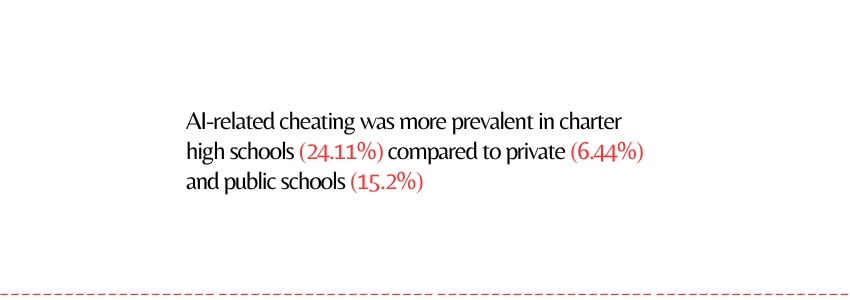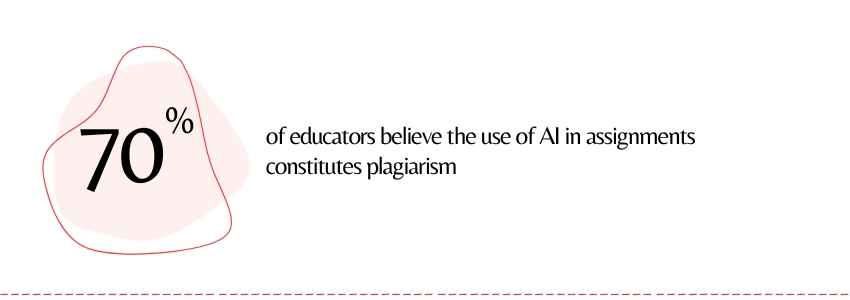The Ethical Minefield of AI in Education
Artificial Intelligence (AI) is rapidly transforming education, offering innovative tools and personalized learning experiences. However, as AI becomes increasingly integrated into classrooms, it raises significant ethical concerns that need to be addressed.
The Double-Edged Sword of AI
On the one hand, AI has the potential to revolutionize education by automating mundane tasks, providing personalized feedback, and identifying learning gaps. It can also facilitate accessibility for students with disabilities and enhance the overall learning experience.
On the other hand, the widespread adoption of AI in education raises ethical questions about data privacy, algorithmic bias, and the potential for job displacement.
Data Privacy Concerns
AI systems usually need a lot of student data to work well. This highlights problems related to data security and privacy. If this data falls into the wrong hands, it could lead to serious consequences, such as identity theft or discrimination.
Algorithmic Bias
AI algorithms are trained on data, and if this data is biased, the algorithms will also be biased. This can lead to unfair treatment of certain groups of students, such as those from marginalized backgrounds.
Job Displacement
As AI becomes more sophisticated, there is a risk that it could replace human teachers. This could lead to job losses and increased inequality.
Ethical Guidelines for AI in Education
To mitigate these risks, it is essential to establish clear ethical guidelines for the development and deployment of AI in education. These guidelines are meant to tackle points like:
- Data Privacy: Strict data protection measures should be implemented to safeguard student data
- Algorithmic Bias: AI systems should be designed to be fair and unbiased
- Human Oversight: Human teachers should always be involved in the AI-driven learning process
- Transparency: AI systems need to be clear and easy to understand
- Accountability: Developers and educators should be held accountable for the ethical implications of AI
By carefully considering these ethical implications, we can harness AI’s power to create a more equitable and effective education system for all.
Browse our ColorWhistle page for more related content and learn about education website development services. To contact us and learn more about our services, please visit our Contact Us page.
-Phurvishaa,
Content Marketing Team.



